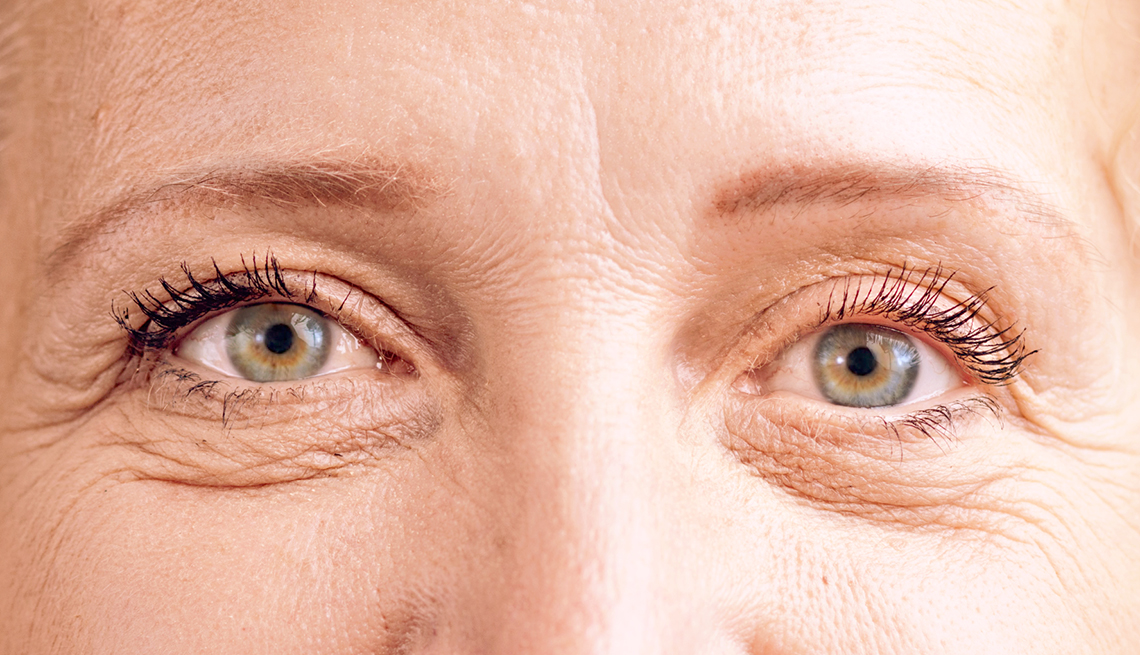All Categories
Featured
Table of Contents

Regular eye exams are crucial for preserving good vision and finding possible eye health and wellness concerns early. However, the frequency of these examinations can vary considerably based on an individual's age, way of living, and total wellness. Comprehending the advised routine for eye tests can aid make sure that individuals of all ages obtain appropriate treatment and tracking for their eye health.
Newborns and Toddlers (0-2 Years)
For kids and infants, eye examinations are essential for identifying any kind of possible vision issues early. The American Academy of Ophthalmology suggests that a youngster's initial eye examination must occur at around 6 months old. During this first see, the eye treatment expert will certainly examine the youngster's aesthetic growth and check for any evident eye problems.Following this very first examination, it is recommended that children have another eye examination at age 3. This see will concentrate on evaluating the child's total aesthetic feature, consisting of eye positioning and the capacity to track things. If no concerns are detected, the next examination ought to be scheduled before the youngster begins school, commonly around age 5 or six.
School-Aged Children (6-18 Years)
Once kids get to school-age child, routine eye tests ought to be scheduled each to 2 years. Vision is critical for learning and advancement, and many schools conduct vision screenings. These testings do not replace a detailed eye exam by an eye treatment expert.For children associated with sports or tasks needing substantial visual focus, yearly eye tests may be recommended. Furthermore, if a child shows signs of vision troubles-- such as problem reviewing, squinting, or regular frustrations-- a browse through to the eye doctor must be set up asap.
Young Person (19-39 Years)
Young grownups normally have fewer vision changes than older age, but normal eye examinations remain crucial. The general referral is to schedule an eye test every 2 years throughout this period. Nonetheless, people with particular threat factors-- such as a household background of eye disease, diabetes mellitus, or those who wear contact lenses-- should think about yearly eye examinations.Additionally, those who invest substantial time on digital gadgets might experience digital eye strain. If symptoms such as dryness, tiredness, or obscured vision occur, it might be important to see an eye care specialist earlier.
Grownups (40-64 Years)
Adults aged 40 to 64 need to arrange eye examinations every one to two years. Eye examinations can likewise assist detect various other typical age-related problems such as glaucoma, cataracts, and macular degeneration.If people in this age have threat elements like hypertension or diabetes mellitus, they may call for more regular evaluations to monitor their eye health carefully.
Senior Citizens (65 Years and Older)
For seniors, normal eye tests come to be also more crucial. The American Optometric Association recommends that people aged 65 and older have an eye test at the very least when a year.Conclusion.
Comprehending the proper schedule for eye tests based on age is crucial for maintaining ideal eye wellness throughout life. By adhering to these standards and seeking advice from with an eye care professional, people can take positive steps towards maintaining their vision and general health and wellness.Table of Contents
Latest Posts
Professional Residential Roofing Solutions You Can Count On
Published May 16, 25
1 min read
Advertising that Attaches Individuals to Care
Published May 16, 25
1 min read
When to Tell When Your Car Needs Expert Auto Repair at Montclare Auto Repair
Published May 16, 25
1 min read
More
Latest Posts
Professional Residential Roofing Solutions You Can Count On
Published May 16, 25
1 min read
Advertising that Attaches Individuals to Care
Published May 16, 25
1 min read
When to Tell When Your Car Needs Expert Auto Repair at Montclare Auto Repair
Published May 16, 25
1 min read